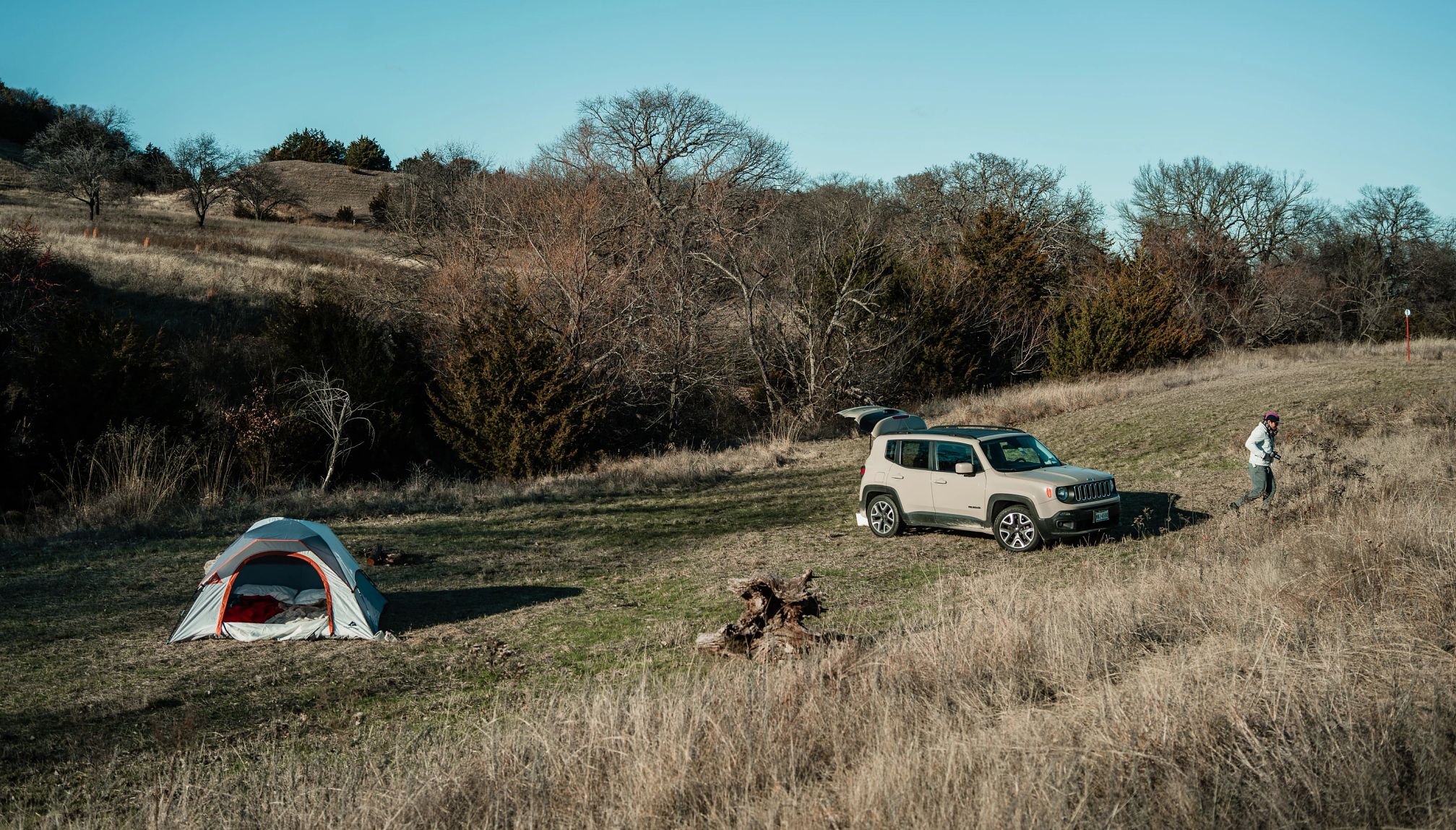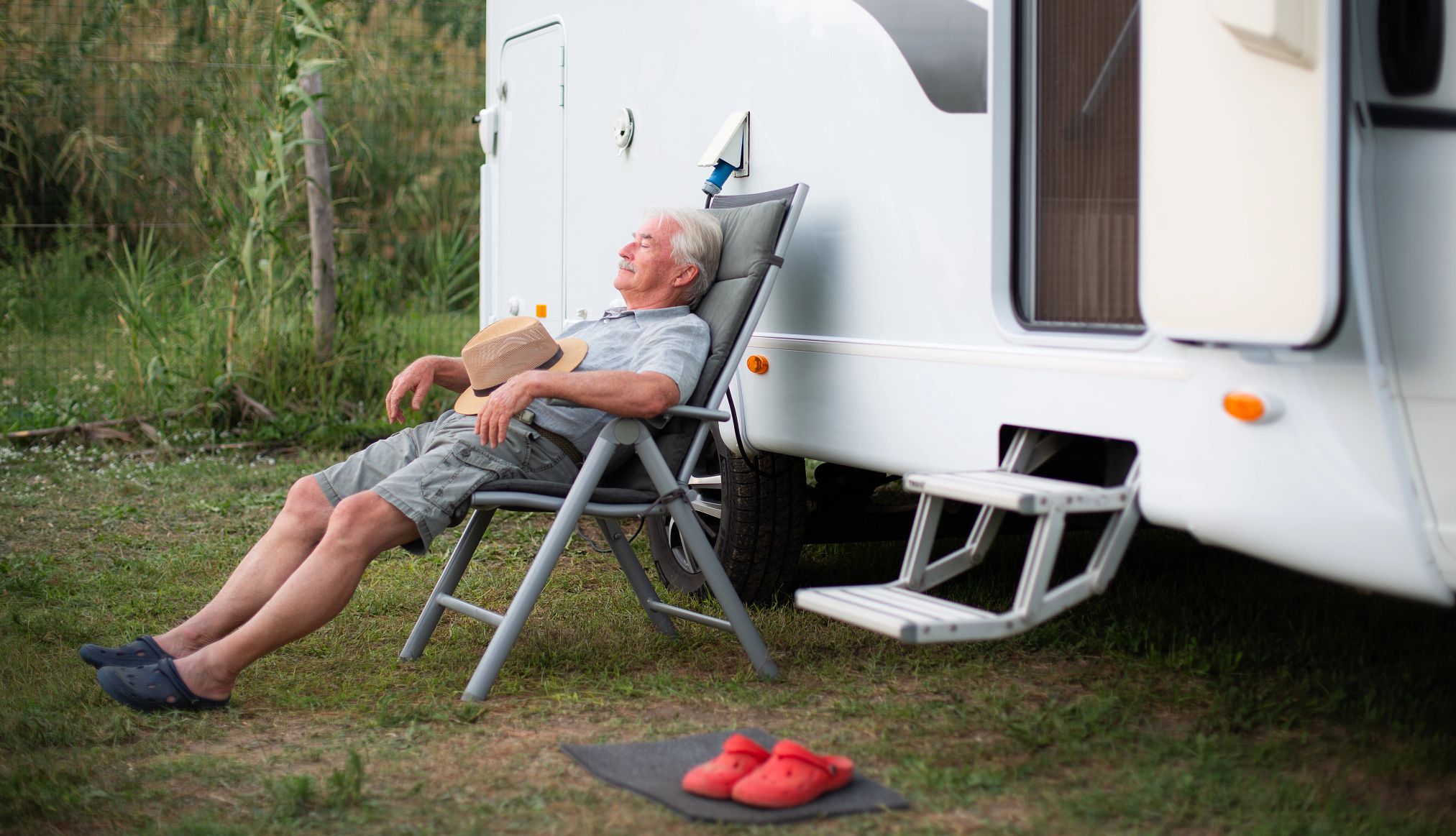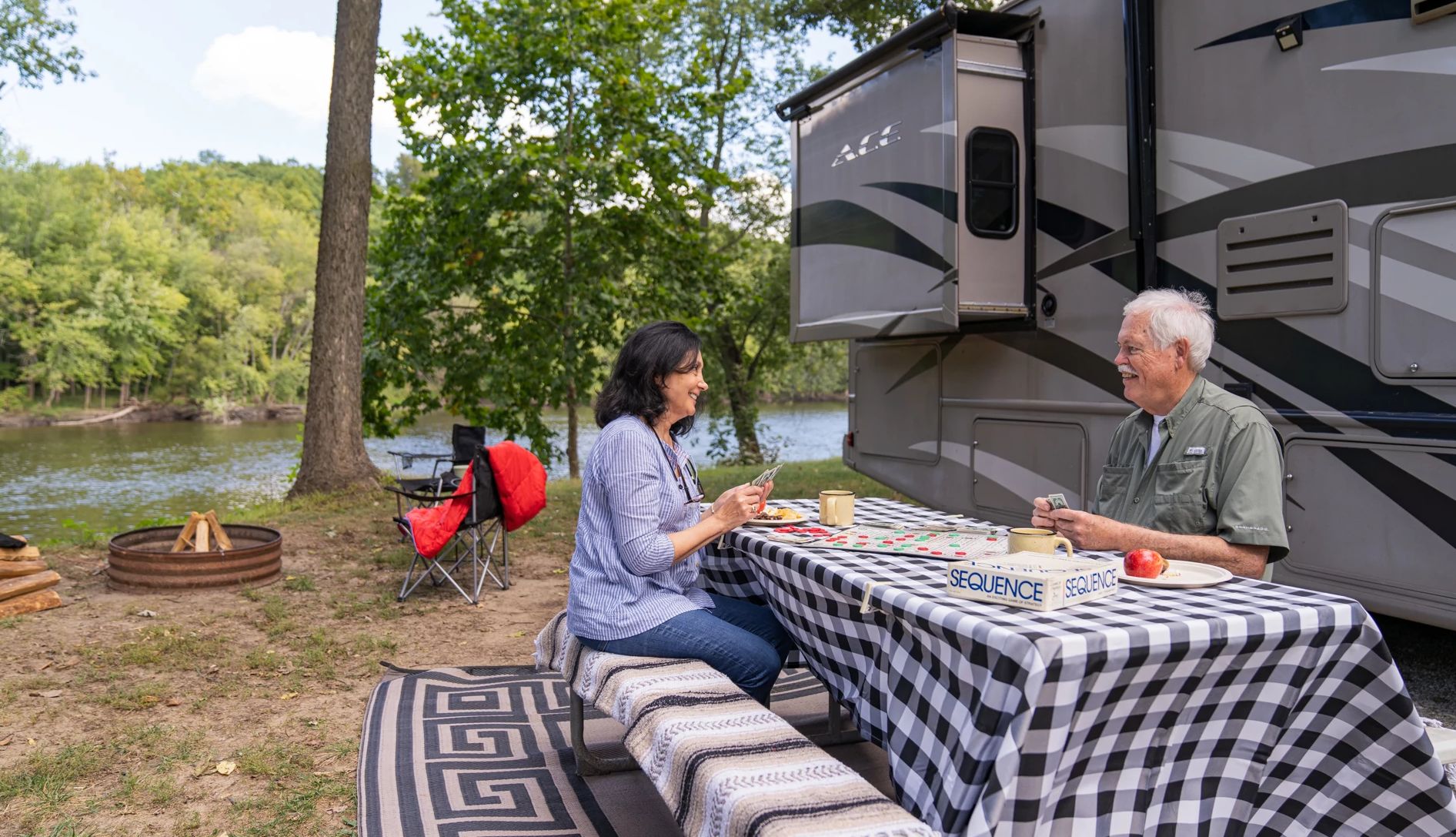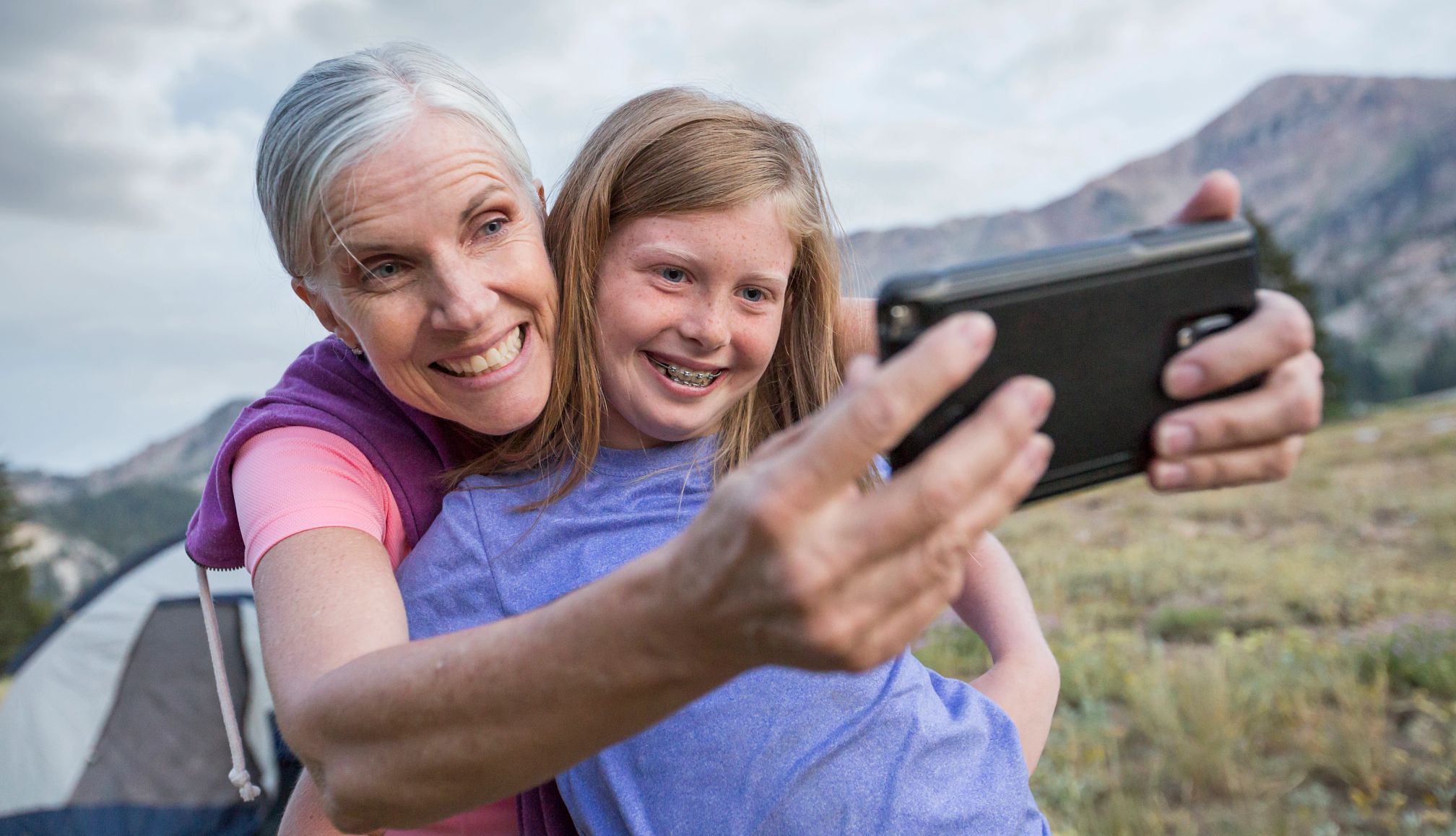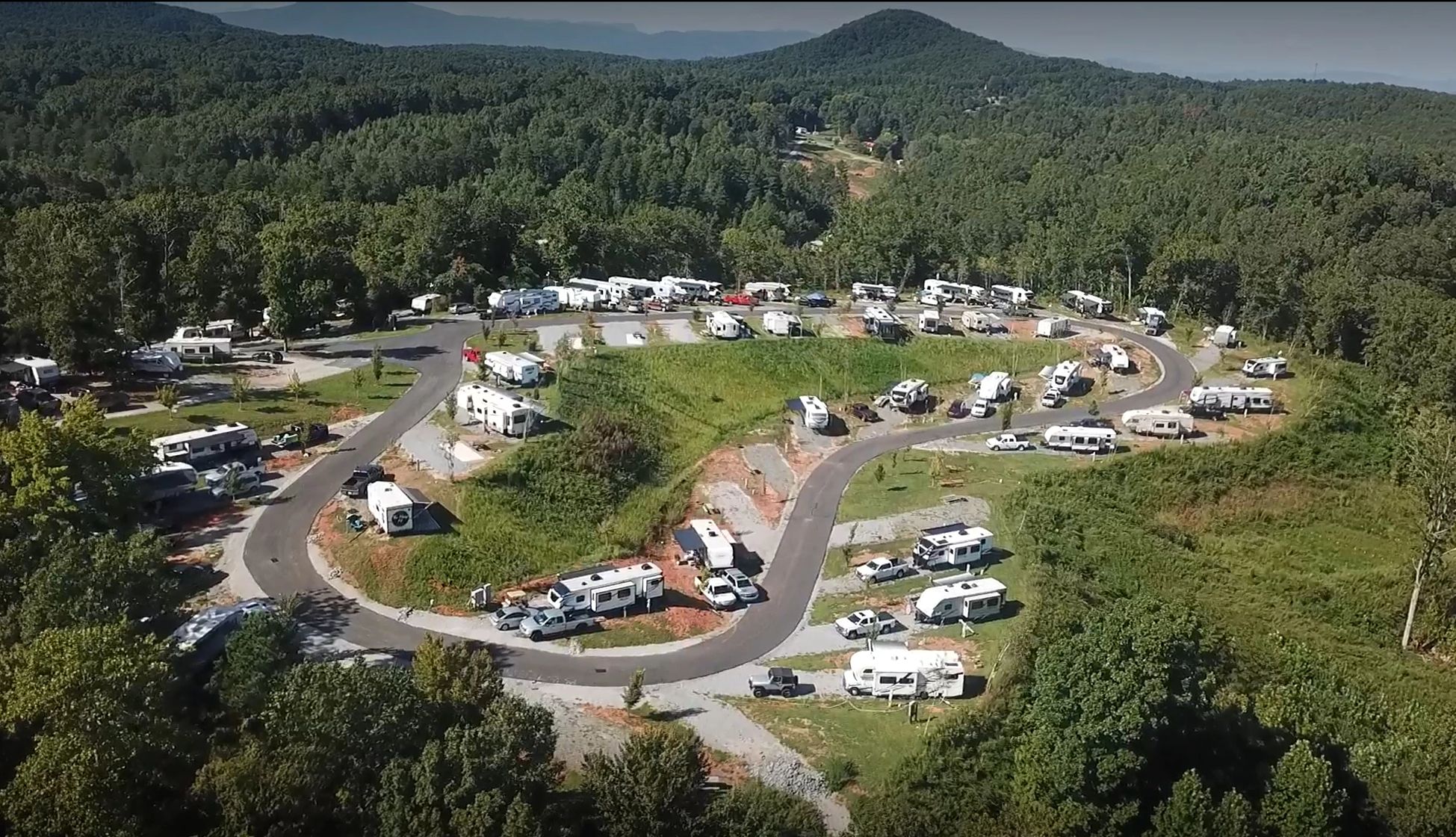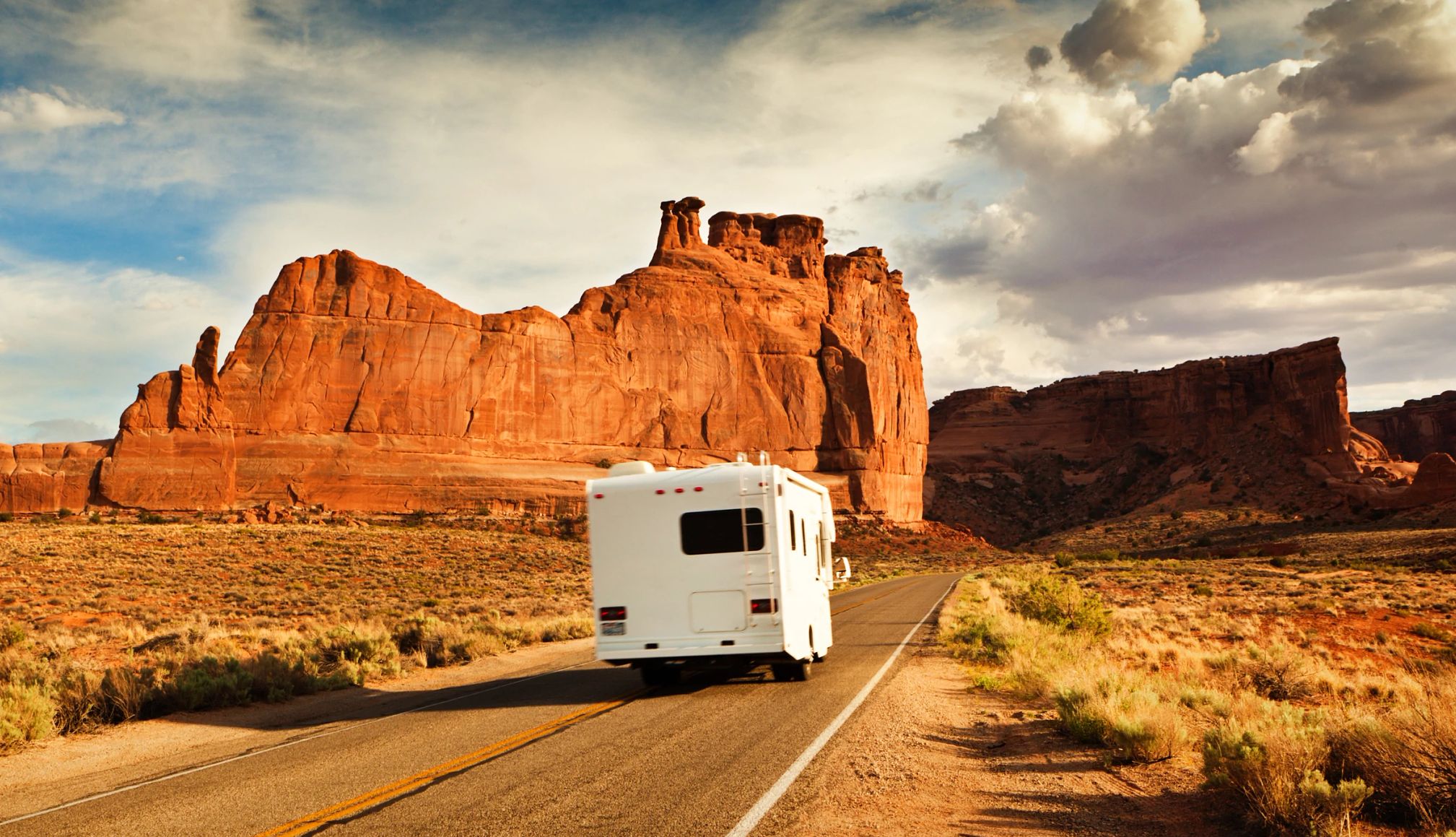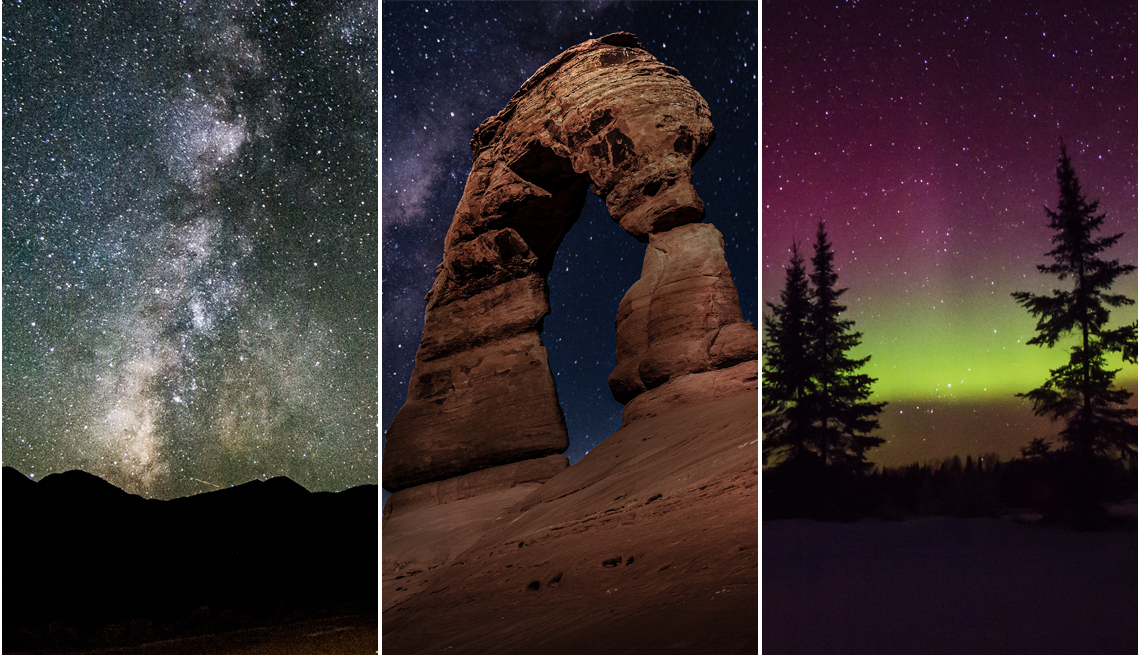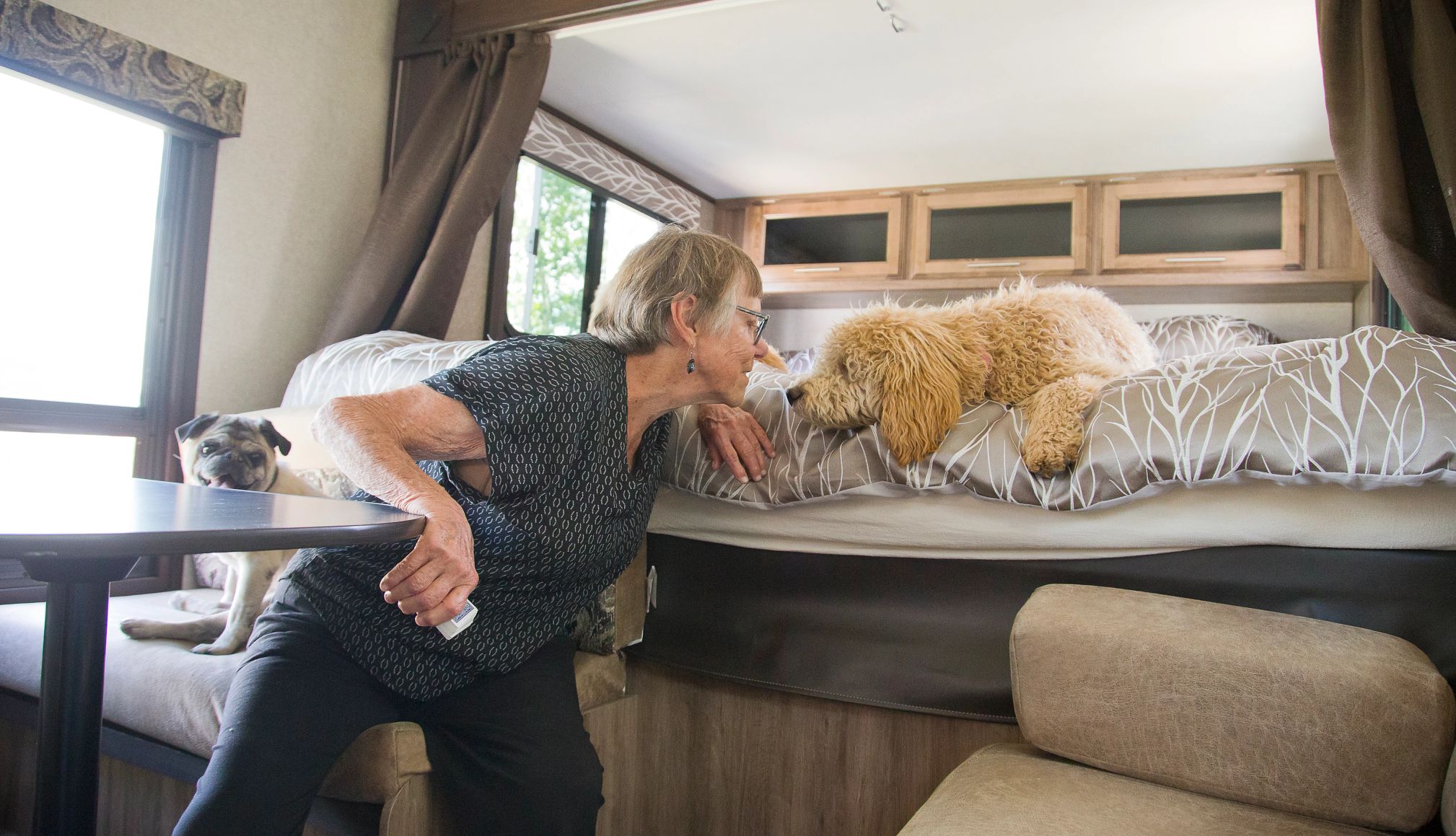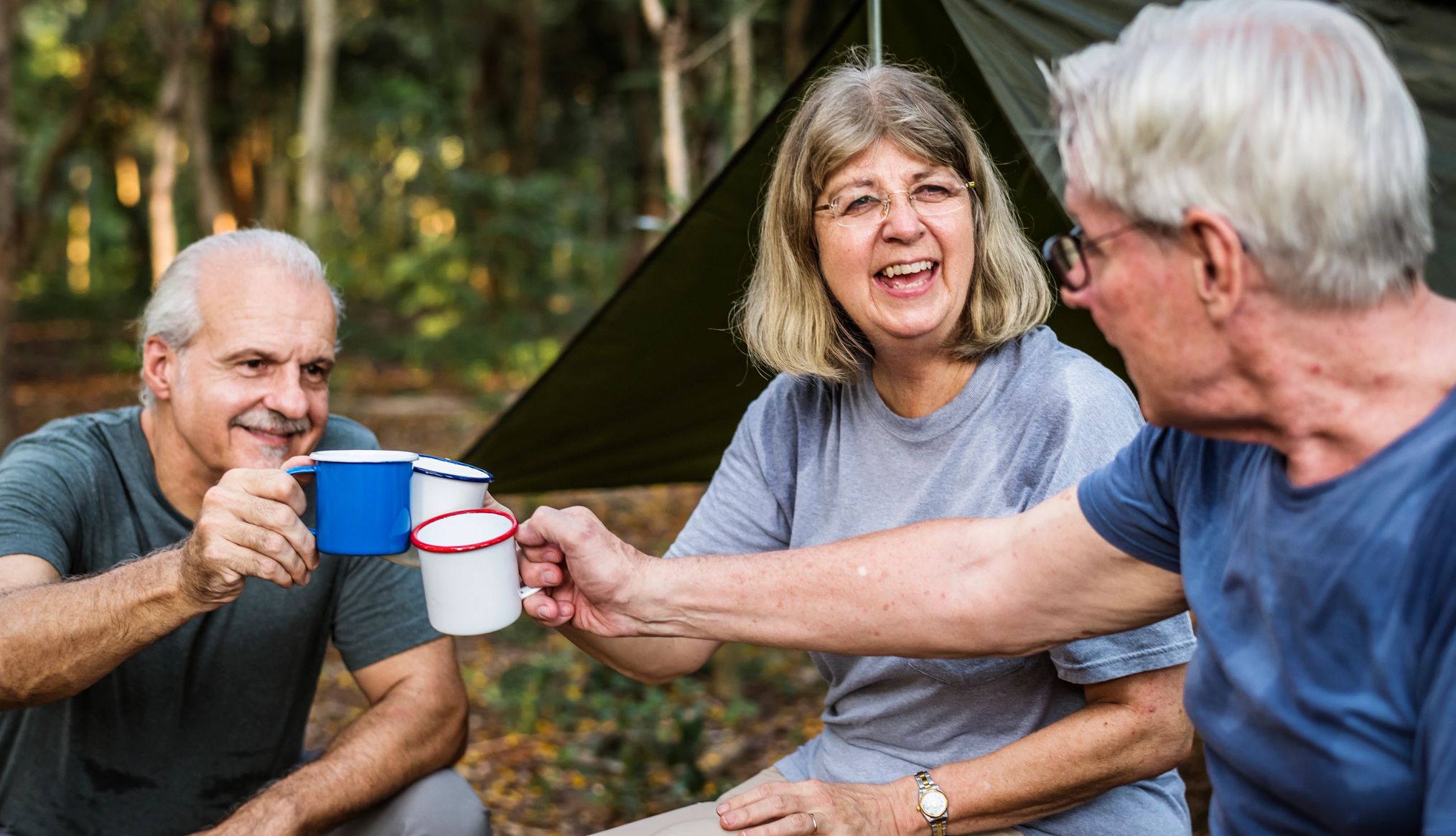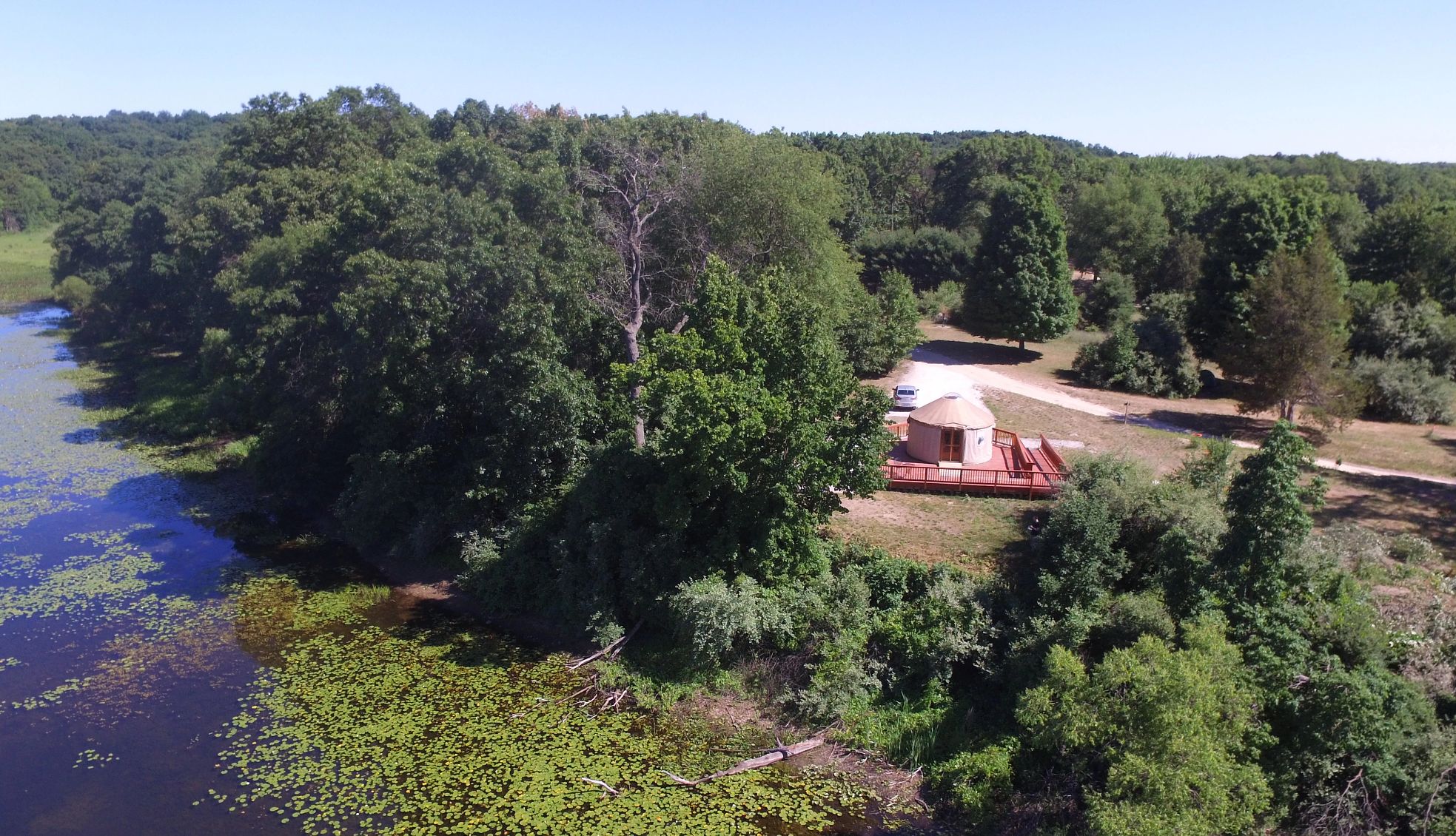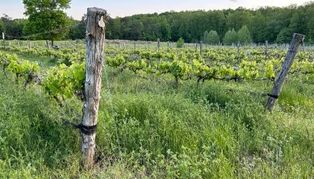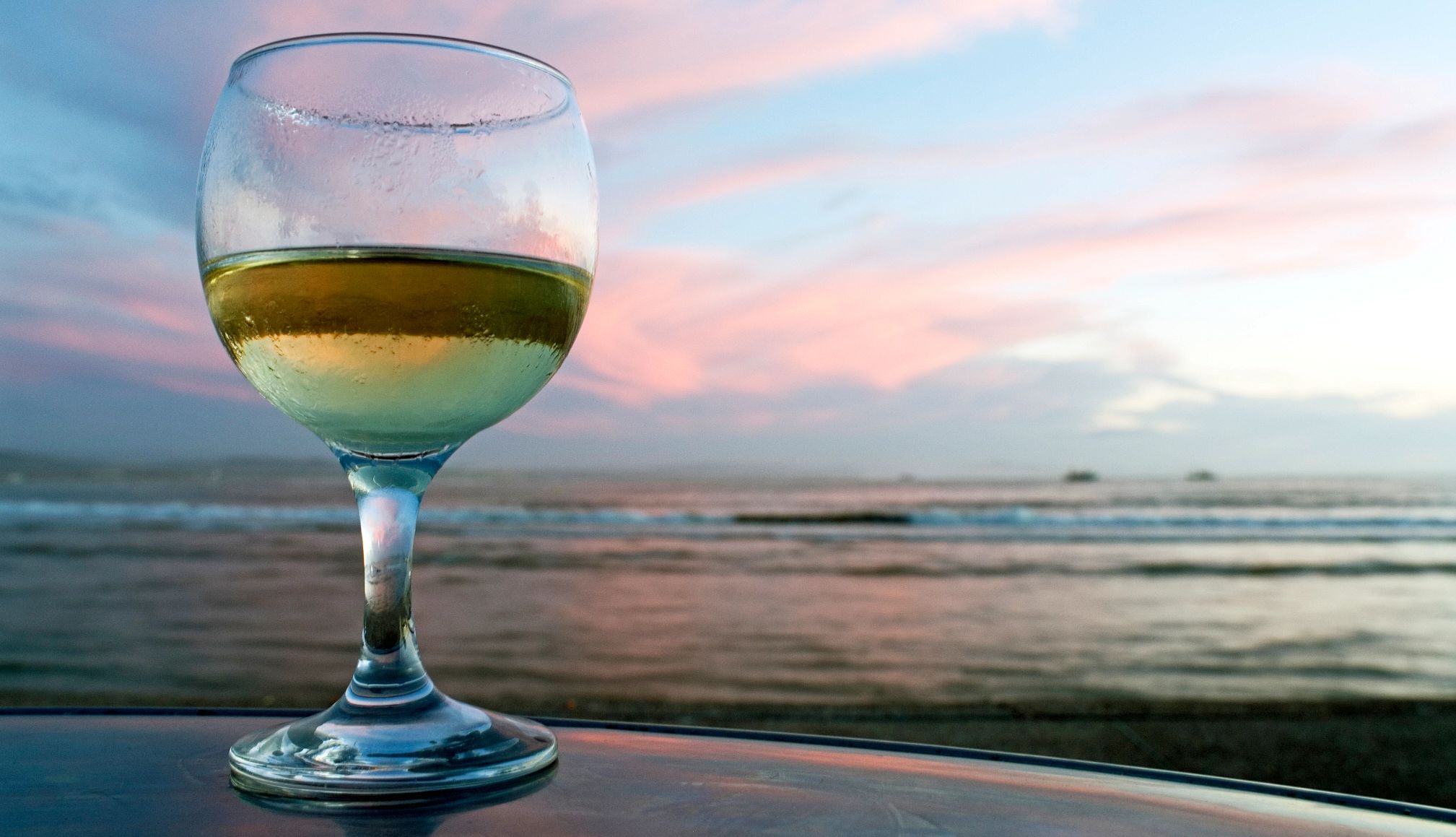AARP Hearing Center
Janet Humphrey and Scott Dazey were on their way from Leavenworth, Washington, to their home in Bend, Oregon, when they decided that rather than arriving in the wee hours of the morning, the smart choice would be to stop for the night. With Dazey behind the wheel, Humphrey grabbed her phone and reserved a parking spot for their 24-foot RV at a winery 20 minutes away from where they were, in Washington’s Yakima Valley. Within minutes of pulling into Severino Cellars, Humphrey, 78, says the owner greeted her and Dazey, 75, with four varieties of wine.
The tasting room at the boutique winery was closed for the night, but co-owner Nikki Samaniego takes her hosting seriously. Even when people message her after dark asking to stay, she says yes.
“If people need off the road, they need off the road, and I would want people to be safe,” she says.
Samaniego’s winery is one among thousands of vineyards, breweries, farms and ranches that don’t have indoor accommodations but welcome those traveling in RVs, vans and “skoolies” (converted school buses) for overnight stays on their private property for a fee. With such apps as Harvest Hosts and Hipcamp, road-trippers seeking last-minute parking can opt for views vastly different from those at truck stops or big box stores that allow overnights. Instead, Humphrey, who uses Harvest Hosts, says it’s wine tastings with vineyard views at sunset. While state and national parks offer overnight accommodations, they have become so popular in recent years that reservations often need to be made months in advance.
Harvest Hosts, founded in 2010, has more than 5,000 private parking locations, more than 1,500 of which are at wineries, breweries and distilleries. Hipcamp, launched in 2013, links travelers to 100,000 campsites, including thousands on vineyards or near breweries, says founder Alyssa Ravasio. Travelers can use the apps to filter by date, price and more.
“Bringing the sharing economy to land, and specifically outdoor recreation, I think, is a core piece of a category here that we’ve really unlocked,” says Ravasio. Travelers can book themselves at a reindeer farm in Alaska, a bison ranch in Montana and even a scallop farm in Canada, says Harvest Hosts’ Wes Clark.
The two platforms operate differently. Hipcamp is similar to Airbnb or Vrbo, charging guests a nightly fee (that includes hookups for water and electricity, where available) from which it takes a percentage — ranging from $15 to $50 a night, on average. Hipcamp guests have the option to stay for more than one consecutive night. Harvest Hosts’ $99 per year (current promotion: $84.15) membership-based platform allows users to book single-night stays, with additional fees for hookups. Clark says the site has a quarter of a million members, about 80 percent of whom are 50-plus.



























































